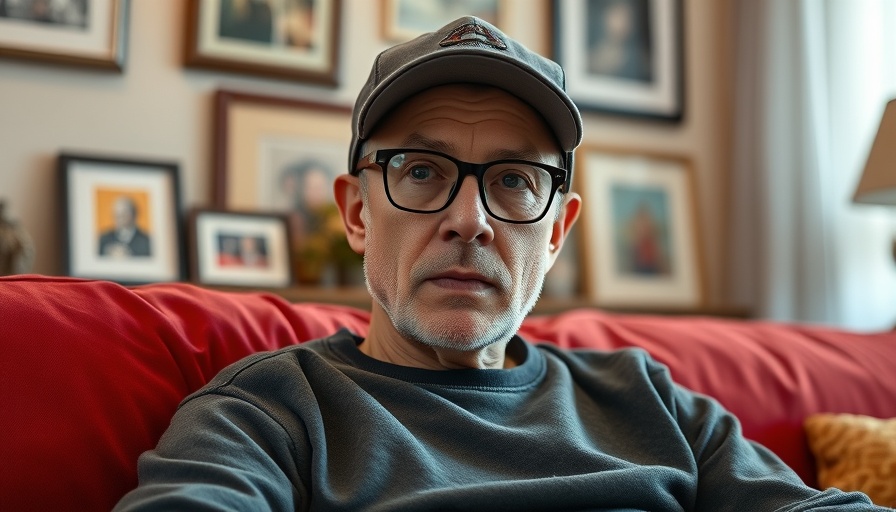
Unraveling the Truth: A Deep Dive into Oscar Eagle's Case
Oscar Eagle’s wrongful conviction encapsulates a troubling narrative of systemic failures within the LAPD. Convicted at merely 17 years old, Eagle was sentenced to a lengthy prison term for a crime he did not commit. His journey from incarceration to freedom is a testament to the resilience of the human spirit, but it also highlights the pressing issues surrounding juvenile justice and police integrity.
The Events That Changed a Young Life
In March 1998, as police alleged that Eagle engaged in a gangland shooting, he was actually recuperating from his own wounds sustained in a previous drive-by incident. The irony is painful; Eagle was using crutches due to a bullet still lodged in his leg. Witnesses, including friends who verified his presence at a local hospital that evening, pointed to his innocence, yet his young life was indefinitely changed thanks to a flawed judicial system.
Legal Missteps: The Cost of Injustice
The role of ineffective legal representation cannot be overstated in Eagle’s case. With a public defender who failed to adequately present crucial evidence of his whereabouts and injuries, he was left vulnerable to the grave consequences of a rushed legal process. This points to a larger structural challenge where the youth, especially those from marginalized communities, face an uphill battle against an often unforgiving judicial machine.
A Light at the End of the Tunnel: Reforms in Action
After 25 years of fighting for justice, Eagle’s conviction was finally vacated in July 2025, thanks to a collaborative effort by the California Innocence Project and the LA County district attorney's office. This case revitalizes hope for many who believe in the possibility of reform within the justice system. Nathan Hochman, the LA County D.A., has taken significant steps following criticism regarding his office's previous track record on wrongful convictions, showing increased commitment towards addressing past mistakes.
Wider Implications on Juvenile Justice
Oscar Eagle’s case reverberates beyond his personal story, raising urgent questions about the treatment of juveniles within the legal system. Advocates argue that prosecuting children as adults often leads to harsh and undeserved sentences, depriving them of critical developmental opportunities and rehabilitation chances. This incident calls for an essential dialogue on the need for reforming how the legal system approaches juvenile offenders.
Community Reflections: How Bakersfield Can Learn
In Bakersfield, where the impacts of gang violence and youth incarceration can be keenly felt, the story of Oscar Eagle serves as a poignant reminder of the need for compassion and innovative solutions to crime prevention. Community programs designed to offer teens alternatives to gang affiliations—through mentorship, education, and support networks—can play a significant role in shaping a more positive future for the youth.
More Than Just a Story: A Call to Action
Oscar's triumphant release from prison is celebrated, yet it amplifies the discourse surrounding fairness in the justice system. It encourages us to work together to ensure that the lives affected by wrongful convictions are seen and heard. Residents of Bakersfield can engage with local advocacy groups, support community initiatives, and educate themselves and others on juvenile justice reform. Every voice contributes to the creation of a justice system that truly reflects equality and fairness.
 Add Row
Add Row  Add
Add 



Write A Comment